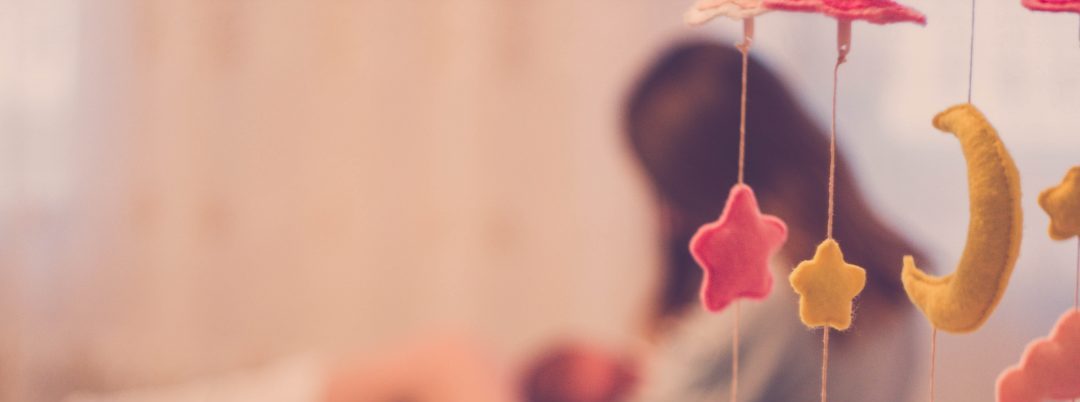
Anxiety disorders: the most common mental illness in the U.S., which 40 million adults deal with every year. These individuals often feel restless and fatigued, have difficulty concentrating, worry more often than not, and experience significant distress due to their disease. And while they do have options when it comes to combating their illness, such as psychotherapy and medication, treatment doesn’t always prove effective and can sometimes do more harm than good—which is exactly why a research team led by psychology professors conducted a study “Maternal anxiety predicts attention bias towards threat in infancy” to better understand the development of anxiety and, in turn, learn to stop it in its tracks.
The team, headed by professors of psychology at Penn State Koraly Perez-Edgar and Kristin Buss, as well as assistant professor of psychology at Rutgers University Vanessa Lobue, sought to discover which kids are at the highest risk of developing anxiety and believed that the cycle could start as early as infanthood. “The more you fixate on threat, the more opportunity you have to see the world as a threatening place, which could help lead to more anxiety,” says Perez-Edgar. “Additionally, we think that risk factors in biology and potentially mom’s anxiety could also make that more likely.”
In order to examine the special relationship between a mother’s anxiety and her baby’s attention to threat, the team recruited 98 babies ranging between 4 and 24 months old and their moms. The moms were simply asked about their anxiety levels, while the babies were analyzed viewing happy, neutral, and angry faces that flashed on a screen. Each time a baby was focused on a face, another image would appear in their peripheral vision, which served as a distraction and triggered a unique reflex. “By the time you’re a few months old, a reflex develops where you’ll automatically turn and look if something pops up in your peripheral vision,” explained Perez-Edgar. The babies proved conflicted about keeping their gaze on the faces but also answering to this reflex, the researchers observed.
Ultimately, the team found that the more anxious a baby’s mother was, the longer her baby would remain fixated on the angry faces before giving into the aforementioned reflex and turning to look at the other image. This suggests that the babies with anxious moms had a more difficult time disengaging from potential threats. In addition, the research team also discovered that the baby’s age did not produce different outcomes—regardless of if they were four or 20 months, the babies with anxious moms focused on the angry faces longer. This leads the researchers to suspect a potential genetic factor.
“It doesn’t seem like the babies are learning to pay more attention to threat from their anxious moms. If that were true, the older babies might have more trouble turning away because they’ve been around their moms longer than the younger babies,” explained Perez-Edgar. “This seems to suggest that there may be a shared genetic or biological component.” Perez-Edgar and the rest of the team are excited about these discoveries and look forward to conducting more studies. The three professors plan on further examining how a mother’s anxiety affects babies, but this time over an extended period of time.
People of all ages can develop and suffer with anxiety. But studies like this are breaking ground in better understanding who is at a heightened risk of developing the mental illness and determining how to best tackle the problem. Because the struggles of mental illness do not go unrecognized and deserve the dedication.
Source: Penn State “Anxious Moms May Give Clues About How Anxiety Develops.” NeuroscienceNews. NeuroscienceNews, 27 September 2017.
<http://neurosciencenews.com/maternal-anxiety-7595/>.
Original Research: Abstract for “Maternal anxiety predicts attentional bias towards threat in infancy” by Morales, Santiago; Brown, Kayla M.; Taber-Thomas, Bradley C.; LoBue, Vanessa; Buss, Kristin A.; & Pérez-Edgar, Koraly E. in Emotion. Published online August 2017 doi:10.1037/emo0000275
Let’s keep in touch! Sign up to receive our newsletter:
Start a Relationship with An Exceptional Counselor
- Skilled and caring professional counselors
- Accepting all major and most insurances
- High-touch customer service & premium benefits
- Same- or next-day appointments
- Ultra-flexible 23.5hr cancellations













